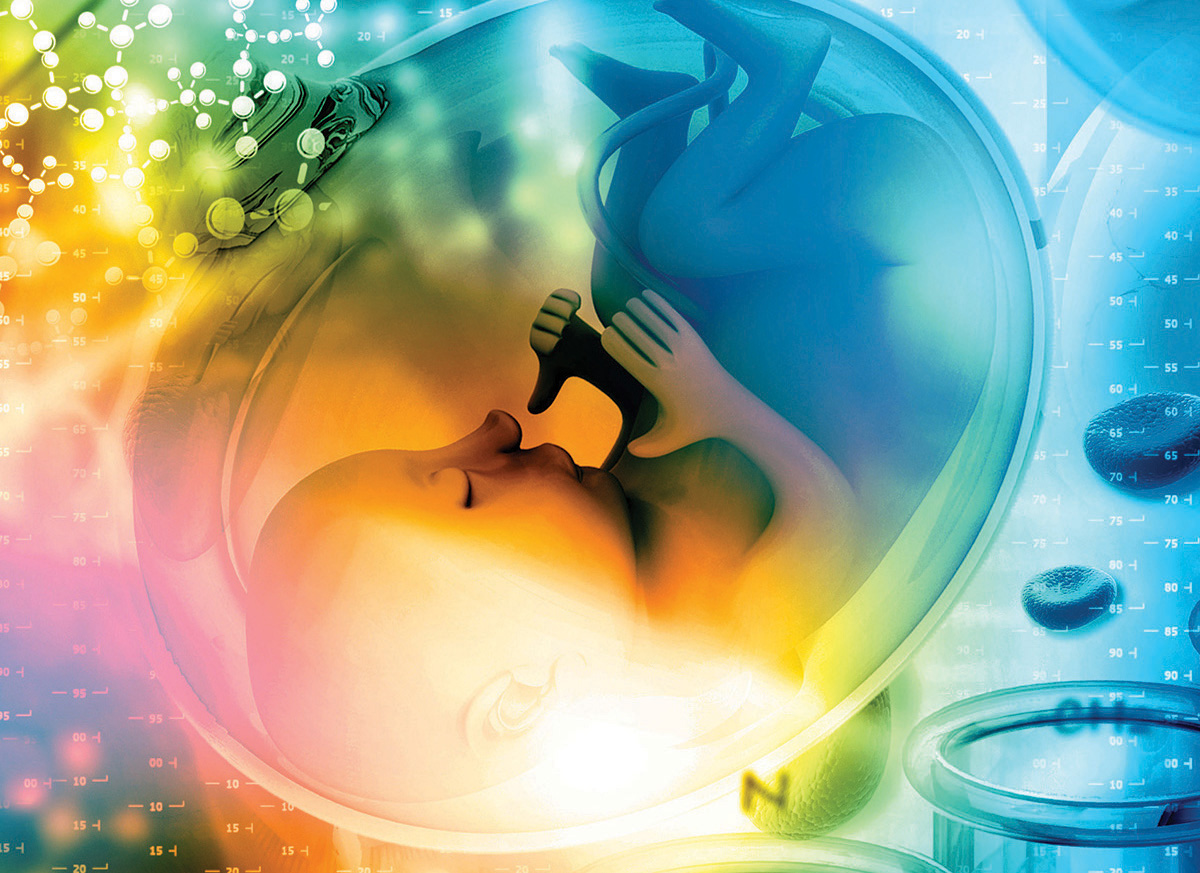- Feb 5, 2002
- 166,633
- 56,266
- Country
- United States
- Faith
- Catholic
- Marital Status
- Married
- Politics
- US-Others
In 1997, the critically acclaimed science fiction film “Gattaca” depicted a genetically stratified dystopia in which the genetically engineered class ruled over those who had been born naturally. At the time, some bioethicists such as James Hughes scoffed at the film’s depiction of “designer babies” as “fear-mongering.” A little over 20 years later, “Gattaca” is being revamped for television, and its science fiction is quickly approaching this reality. If the 2022 documentary “Make People Better” is any indication, this kind of experimentation is already happening.
What changed? The Human Genome Project completed its work sequencing the entire human genome in 2003. In 2012, a developing technology called CRISPR was refined, allowing scientists to target and replace pieces of genetic code, like editing letters in a word processor. Just six years later, Chinese scientist He Jiankui announced the birth of twin baby girls whose genes had been edited to be HIV-resistant using this technology. And while Jiankui’s research caused international uproar (and his imprisonment), the field of genetic editing research on human beings has continued to grow.
How are Catholics to navigate the murky waters of genetic manipulation? Some of its potential uses are laudable, while others such as “designer babies,” have harrowing consequences. Advances happen so quickly, and the details are often difficult to discern, especially when communicating with doctors and researchers who don’t share the kind of regard for the dignity of human life that is central to our faith and a proper understanding of the human person.
Continued below.

 www.oursundayvisitor.com
www.oursundayvisitor.com
What changed? The Human Genome Project completed its work sequencing the entire human genome in 2003. In 2012, a developing technology called CRISPR was refined, allowing scientists to target and replace pieces of genetic code, like editing letters in a word processor. Just six years later, Chinese scientist He Jiankui announced the birth of twin baby girls whose genes had been edited to be HIV-resistant using this technology. And while Jiankui’s research caused international uproar (and his imprisonment), the field of genetic editing research on human beings has continued to grow.
How are Catholics to navigate the murky waters of genetic manipulation? Some of its potential uses are laudable, while others such as “designer babies,” have harrowing consequences. Advances happen so quickly, and the details are often difficult to discern, especially when communicating with doctors and researchers who don’t share the kind of regard for the dignity of human life that is central to our faith and a proper understanding of the human person.
Catholic bioethics 101
Continued below.

What you need to know as a Catholic about designer babies and genetic editing
Over 20 years ago, the critically acclaimed science fiction film “Gattaca” predicted advancements in genetic engineering that are becoming more and more of a reality each year. How are Catholics to navigate the murky waters of genetic manipulation?
 www.oursundayvisitor.com
www.oursundayvisitor.com
